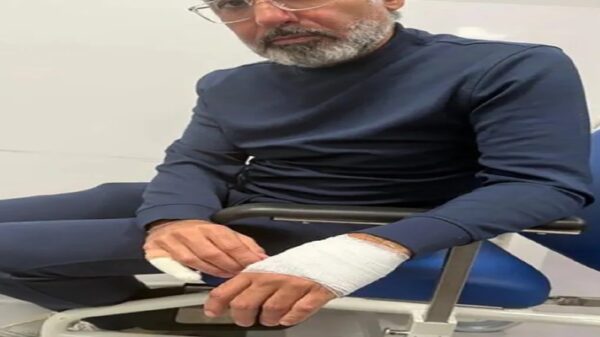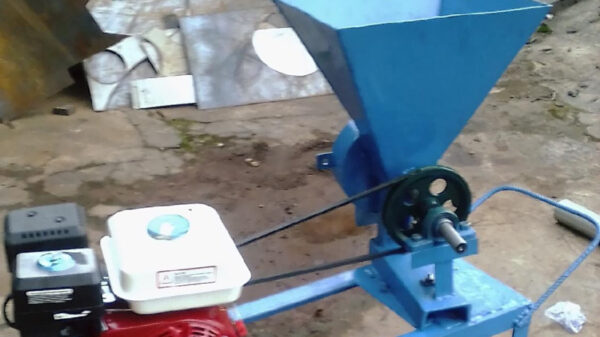The World Health Organisation (WHO) has warned of the consequences of millions of tonnes ewastes illegally shipped in each year from the European and American to Nigeria and other countries in Africa.
In its report entitled “Children and e-waste dumps”, published on June 15, 2021, the WHO said that the consequences range from premature births and stillbirths to increased rates of attention deficit/hyperactivity disorder (ADHD), behavioural problems, changes in child mood, sensory integration difficulties and lower cognitive and language scores.
Added to this are impaired lung function, respiratory effects, DNA damage, impaired thyroid function and increased risk of certain chronic diseases later in life, such as cancers and cardiovascular disease.
Given the urgency of the situation, the commitment of all actors in the waste chain is necessary, according to the WHO. One of the solutions recommended by the Geneva-based organisation (in Switzerland) is recycling.
“Children and adolescents have the right to grow and learn in a healthy environment, and exposure to waste electrical and electronic equipment and its many toxic components undoubtedly has an impact on this right,” said Maria Neira, director of WHO’s Department of Environment, Climate Change and Health.
Electronic waste contains heavy metals and other toxic substances. These include lead, arsenic and mercury.
In Africa, Egypt is one of the few countries investing in the recovery of e-waste. Cairo alone has four companies that recycle e-waste.
One of these companies is Recyclobekia, launched by Mostafa Hemdan in 2011. Initiatives are also emerging in Zambia, Nigeria, Cameroon and Ghana.
The West African country will soon have an e-waste recycling centre. Ghana has also been developing the Sustainable Recycling Industries Project (SRI) in the Ghanaian capital Accra since 2015.
The second phase of the project launched in 2019 aims to build national capacity for e-waste processing in terms of infrastructure and human resources. This part of the project will be completed in 2023.
According to the WHO, the implementation of e-waste recycling systems will also help reduce CO2 emissions into the environment.
![]()






























































